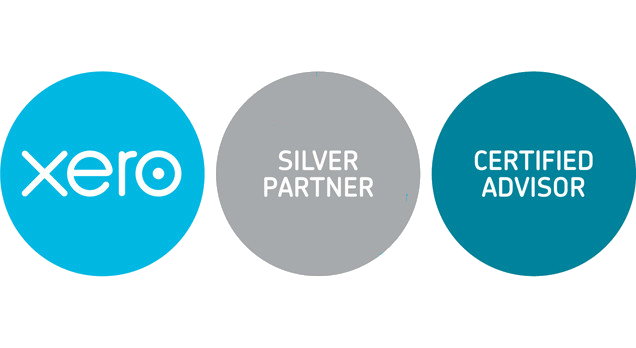Filing your first tax return can feel like a milestone in financial adulthood. For many, it’s triggered by a new chapter: becoming self-employed, launching a side hustle, earning rental income, or taking on freelance projects alongside a regular job.
If you’ve never done one before, it can seem intimidating, forms, deadlines, HMRC jargon. But it doesn’t have to be painful. With some preparation and a little know-how, your first tax return can be straightforward, and it can even help you get a stronger grip on your overall finances.
Why You Need to File a Tax Return
If you’re employed and paid through PAYE (Pay As You Earn), your tax is usually deducted at source and you may never have needed to think about tax returns. But HMRC requires you to register for Self Assessment if you:
- Became self-employed, even if part-time or on the side.
- Earn rental income from property.
- Have untaxed income from dividends, investments, or overseas sources.
- Receive income above certain thresholds, such as from savings interest.
- Want to claim certain reliefs, such as on pension contributions or charitable donations.
Understanding the “why” is important: filing isn’t optional, and missing the deadline comes with penalties and interest.

Registration and Key Deadlines
The first step is registering with HMRC for Self Assessment. Once you’ve done this, they’ll send you a Unique Taxpayer Reference (UTR) and set you up with an online account. This process can take a couple of weeks, so don’t leave it until the last minute.
Here are the key dates to remember:
- 5 April — The tax year ends.
- 31 October — Deadline for paper returns.
- 31 January — Deadline for online returns and paying your tax bill.
- 31 July — Possible second “payment on account” if HMRC requires it.
These dates repeat every year, so it pays to mark them in your calendar early.
The Importance of Record Keeping
One of the biggest mistakes first-timers make is waiting until January to dig through bank statements, receipts, and old emails. Not only is it stressful, but you’ll almost certainly miss allowable expenses.
From day one, make record-keeping a habit:
- Save invoices and receipts digitally (apps make this easy).
- Track business mileage, home office use, and other deductible costs.
- Consider a separate business bank account to avoid mixing personal and business spending.
- Use simple accounting software, many are inexpensive and help you stay organised.
Good records are the single best way to make your tax return painless.
Common Pitfalls First-Timers Should Avoid
- Leaving it too late, January panic is real, and mistakes happen under pressure.
- Not budgeting for tax , HMRC won’t forget, so set aside a percentage of your income as you earn it.
- Mixing finances, keeping personal and business money separate avoids headaches.
- Forgetting allowable expenses, things like travel, phone bills, subscriptions, and professional fees can often be claimed.
- Relying on memory, without receipts, you risk under-claiming or making errors.
Learning from these mistakes early on can save you both money and stress.
Building Financial Competence Along the Way
Your first tax return isn’t just a compliance exercise. It’s an opportunity to take stock of your finances and build good habits. Think of it as a gateway to financial competence:
- Budgeting: Understand what’s coming in and going out each month.
- Cash flow awareness: Especially important if you’re self-employed, so you’re not caught short when bills land.
- Saving for tax and beyond: Regularly set aside money not just for HMRC, but also for emergencies and future goals.
- Planning ahead: Consider pensions, insurance, or investment vehicles now that you’re managing your own tax affairs.
Approach it as part of your bigger financial picture, not just a form-filling task.
DIY vs. Professional Help
The good news is that HMRC’s online Self Assessment system is fairly intuitive, and if your situation is straightforward, you may be able to file your first return without much trouble.
But if you:
- Have multiple income streams,
- Expect to claim complex reliefs,
- Or simply want the reassurance that it’s been done right…
…then an accountant or bookkeeper is well worth considering. Their fees often pay for themselves in saved time, reduced stress, and sometimes lower tax bills thanks to expertise in allowable deductions.
Final Thoughts
Completing your first tax return can feel like a big step — and it is. But with preparation, organisation, and perhaps a little guidance, it doesn’t need to be overwhelming. Think of it as more than paperwork: it’s the beginning of taking real ownership of your financial life.
Get into the habit of keeping records, setting money aside, and meeting deadlines, and you’ll not only file smoothly this year, you’ll also lay the foundation for confident, competent financial management in the years ahead.




